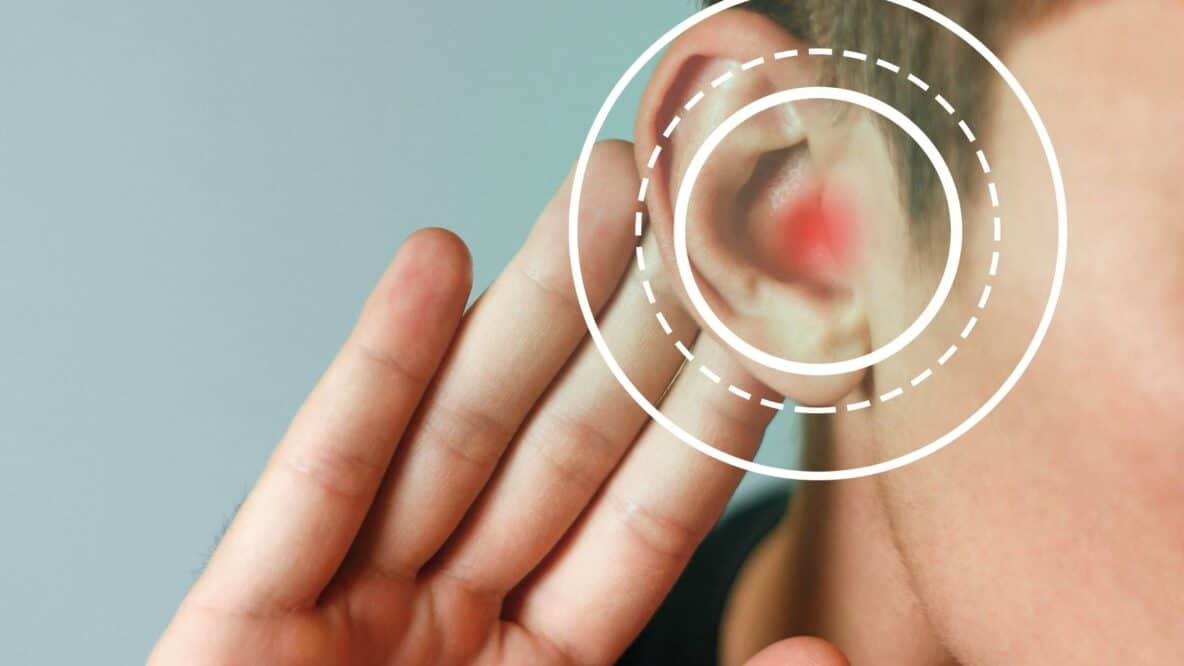How to protect your hearing and minimize the impact of hearing loss
When was the last time you had your hearing checked? Well, it is not a bad idea to add a hearing test to your annual check-up. Scheduling regular hearing exams can make a world of difference when it comes to your hearing health. Even the most mundane activities can improve tenfold with better hearing.
In the United States, hearing loss is near the top of the list of chronic health conditions Americans face. That means that 15% of adults over the age of 18 are experiencing some form of hearing loss.
The truth is, you may not even realize you have hearing loss, so it may be hard to accept. In fact, for some people, it can take up to ten years between when they first notice signs of hearing loss and when they get help.
The earlier you address your hearing loss the easier it will be to find effective treatment and avoid further hearing loss. Simply making small changes early on like wearing earplugs at loud events like concerts and generally being mindful of your hearing habits goes a long way.
Why is hearing loss hard to notice early on?
It is inevitable for natural changes in our hearing to occur as we grow older.
Age-related hearing loss can start in your 40s and 50s and happens very gradually over many years. Half of the people in the United States over 75 have hearing loss.
Because this kind of hearing loss happens so gradually it can be hard to notice as we move through our very busy lives.
Some people may also experience hearing loss as a result of occupational or recreational exposure to loud sounds, known as noise-induced hearing loss (NIHL), illness, medication side effects, or even genetics.
What is it like to live with untreated hearing loss?
Living with untreated hearing loss can present several daily challenges. This can lead to many emotional and physical problems that have been known to bring on depression and anxiety.
Untreated hearing loss can make it hard to connect with friends and family. This can cause you to miss out on important life events and leave relationships strained. You can end up feeling socially isolated, sad, and frustrated.
Hearing loss can also put you at a higher risk of injury.
A study has shown that even mild hearing loss can increase the risk of falls and accidents. Sometimes, our ears can be our first line of defense against danger. Not being able to hear can leave you vulnerable to accidents while driving or operating machinery.
Unaddressed hearing issues can also lead to dizziness and balance problem. It has also been connected to problems with concentration, memory issues, and a decline in cognitive skills.
How does untreated hearing loss affect the brain?
You may think if you can hear then there is no rush to get tested but hearing is kind of like working out a muscle: use it or lose it! Studies have shown that the brain stops recognizing sounds and starts to shrink with a lack of auditory stimulation.
Luckily, you can relearn to hear lost sounds again, even in older age. However, the longer you wait, the harder it will be to treat potential hearing loss.
Treating your hearing loss also contributes to overall good brain health. Over time, people with hearing loss tend to withdraw from social interactions because of difficulties or embarrassment. When that happens the brain is deprived of stimulation and begins to deteriorate. That deterioration can leave the brain susceptible to dementia and Alzheimer’s disease. Which in turn, will only lead to further isolation and withdrawal.
What are the signs of hearing loss?
- Sounds are muffled and distorted
- Difficulty engaging in conversation
- Troubles understanding people over the phone
- Watching television with the volume up
- Not hearing someone in a different room
- Troubles distinguishing sounds in crowded spaces
- Asking others to repeat themselves
If you recognize any of these signs don’t hesitate to have your hearing tested. It is never too late to hear the world. Don’t wait another minute to improve your hearing, consult with a certified hearing health professional today!

